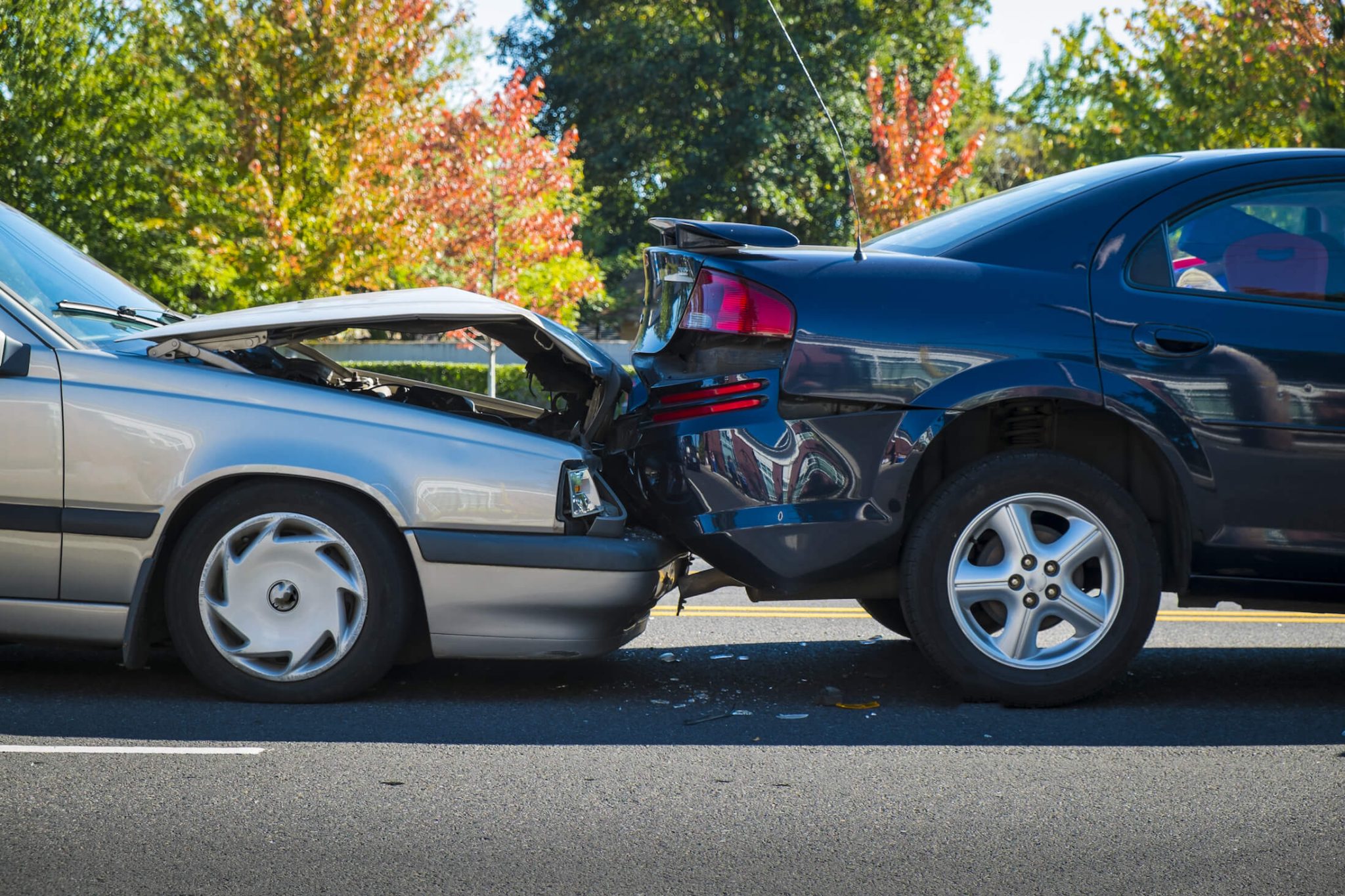
Navigating the aftermath of a car accident in Texas can be overwhelming, especially when it comes to understanding the settlement process. Victims should anticipate a structured process involving reporting the accident, medical evaluations, and negotiations with insurance companies. It’s crucial for victims to be aware of their rights and options, as these can significantly affect the compensation they receive.
In Texas, the settlement process begins with promptly reporting the accident and obtaining a police report, which is often a critical piece of evidence. Victims should seek medical attention, as documentation of injuries is essential for a successful claim. Learn more about settlement options by working with an attorney who can help interpret Texas laws and maximize settlement potential.
The compensation range for a car accident settlement in Texas can vary widely based on the severity of injuries and other factors. While some may only receive a few thousand dollars, more severe cases can result in settlements reaching millions, highlighting the importance of thorough preparation and legal representation. Understanding these dynamics not only helps set appropriate expectations but also empowers victims to advocate for fair compensation.
Understanding Car Accident Settlements in Texas

Car accident settlements in Texas can be complex, involving multiple factors that determine compensation. Key aspects include establishing who is at fault, identifying the types of damages compensable, and understanding the role of insurance in these settlements.
Determining Liability and Fault
In Texas, the question of liability and fault plays a critical role in car accident settlements. The state follows a “modified comparative fault” rule. This means that a victim can only recover damages if they are found to be less than 51% at fault for the accident. The degree of fault assigned to each party affects the compensation amount.
An investigation often gathers evidence like police reports, eyewitness accounts, and expert analyses to establish fault. Insurance companies assess this information to calculate potential payouts. The severity of injuries and the evidence provided are pivotal in this determination. Thus, victims must document as much as possible to support their claims.
Types of Compensable Damages
Car accident victims in Texas may seek compensation for both economic and non-economic damages. Economic damages include tangible losses with specific monetary values, like medical treatment costs, property damage repairs, and lost wages. Non-economic damages cover intangible losses such as pain and suffering, mental anguish, and reduced quality of life.
Victims should document all expenses and impacts resulting from the accident to strengthen their case. Non-economic damages can be harder to quantify but are equally important. The severity of injuries often plays a role in determining the extent of compensable damages. Personal injury lawyers frequently assist in estimating the full extent of these damages to ensure fair compensation.
The Role of Insurance in Settlements
In Texas, insurance companies play a substantial role in the settlement process. Victims often deal with both their own insurer and the at-fault party’s insurer. Texas law requires drivers to carry minimum insurance coverage, which includes liability insurance to cover damages caused to others.
Insurance companies are tasked with evaluating claims and negotiating settlements. They examine factors such as the degree of fault, the severity of injuries, and documented damages. However, insurance companies may initially offer lower settlements to minimize payouts. Engaging an attorney can help navigate these negotiations and secure a more equitable settlement.
Navigating the Settlement Process

Victims of car accidents in Texas may face a complex settlement process. Key stages include dealing with immediate post-accident responsibilities, negotiating and mediating claims with insurance providers, and determining when legal consultation is necessary.
Initial Steps After a Car Accident
After a car accident, it’s crucial to address immediate needs. Victims should promptly report the accident to the authorities and obtain a police report. This document is essential for insurance claims and potential legal proceedings. Collecting evidence at the scene, such as photos and witness statements, is also vital.
Medical attention should be sought immediately, even for minor injuries, to ensure proper documentation of any harm suffered. Keeping records of medical treatments, rehabilitation costs, and other related expenses can be critical in the negotiation phase. Prompt action helps in establishing a strong foundation for any future claims.
Negotiation and Mediation
Negotiating with insurance companies often follows the initial steps. Insurance adjusters will review the claim and propose a settlement based on factors like liability, compensatory damages, and insurance limits. Engaging in mediation can be beneficial if initial negotiations reach an impasse.
Mediation involves a neutral third party to facilitate discussions and reach a mutually agreeable settlement. This step can be effective in resolving disputes without proceeding to trial. Preparing detailed documentation and clear communication of demands are critical during these discussions.
When to Consult a Personal Injury Attorney
Consulting a personal injury attorney can be crucial in complex cases or when facing resistance from insurance companies. Legal experts help navigate the intricacies of personal injury lawsuits, ensuring that victims’ rights are protected throughout the process.
Legal counsel can provide guidance on issues such as statute of limitations and potential legal fees. They assess the viability of pursuing further claims if mediation fails. An experienced car accident lawyer can negotiate effectively to seek fair compensation for medical expenses, lost wages, and long-term impacts. Engaging an attorney early in the process can significantly influence the outcome of a car accident settlement.
